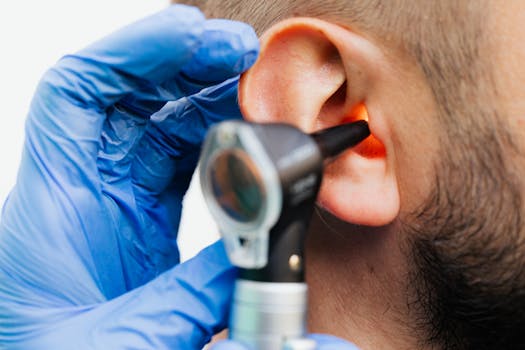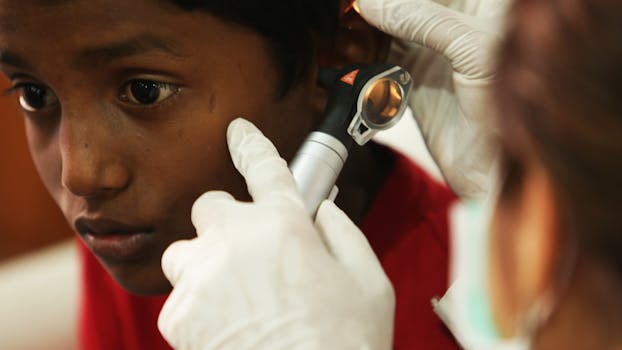You can complete the NHS Practitioner Training Programme leading to a degree in healthcare science (audiology). This is a 3-year training scheme and includes a mix of on the job training and study.
To work as an audiologist or hearing aid dispenser in the private sector, you'll need to do an audiology or hearing aid dispensing foundation degree approved by the Health and Care Professions Council.
Postgraduate course
If you already have a science degree, you could join the postgraduate NHS Scientist Training Programme. This is a 3-year course in clinical science, specialising in neurosensory sciences.
You could study for the MSc in Audiology with the option to include a clinical placement depending on where you study.
Entry requirements
You'll usually need:
- 4 or 5 GCSEs at grades 9 to 4 (A* to C), or equivalent, including English, maths and science
- at least 1 A level, or equivalent, for a foundation degree
- 2 or 3 A levels, or equivalent, including a science, for a degree
- a degree in a relevant subject for postgraduate study




